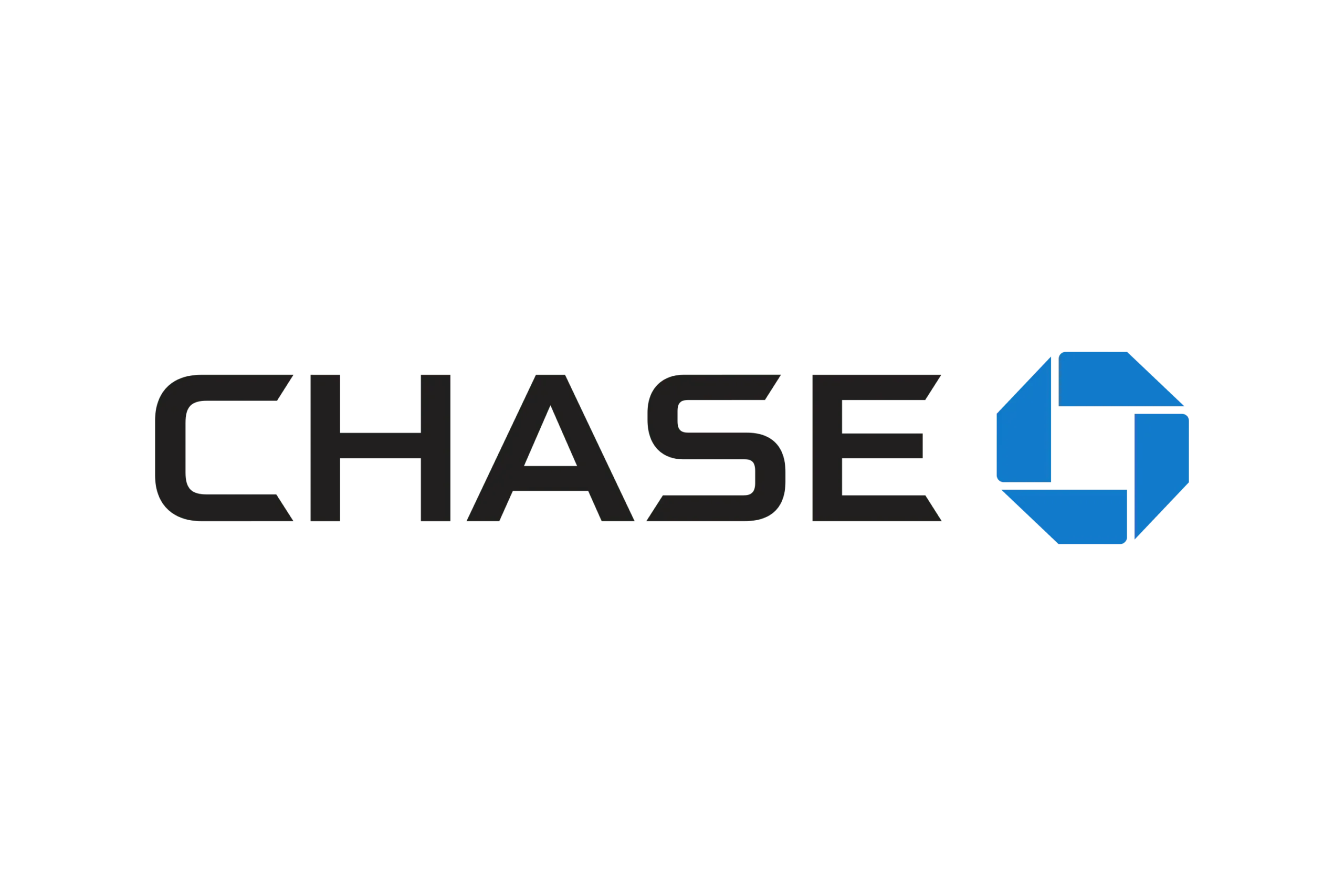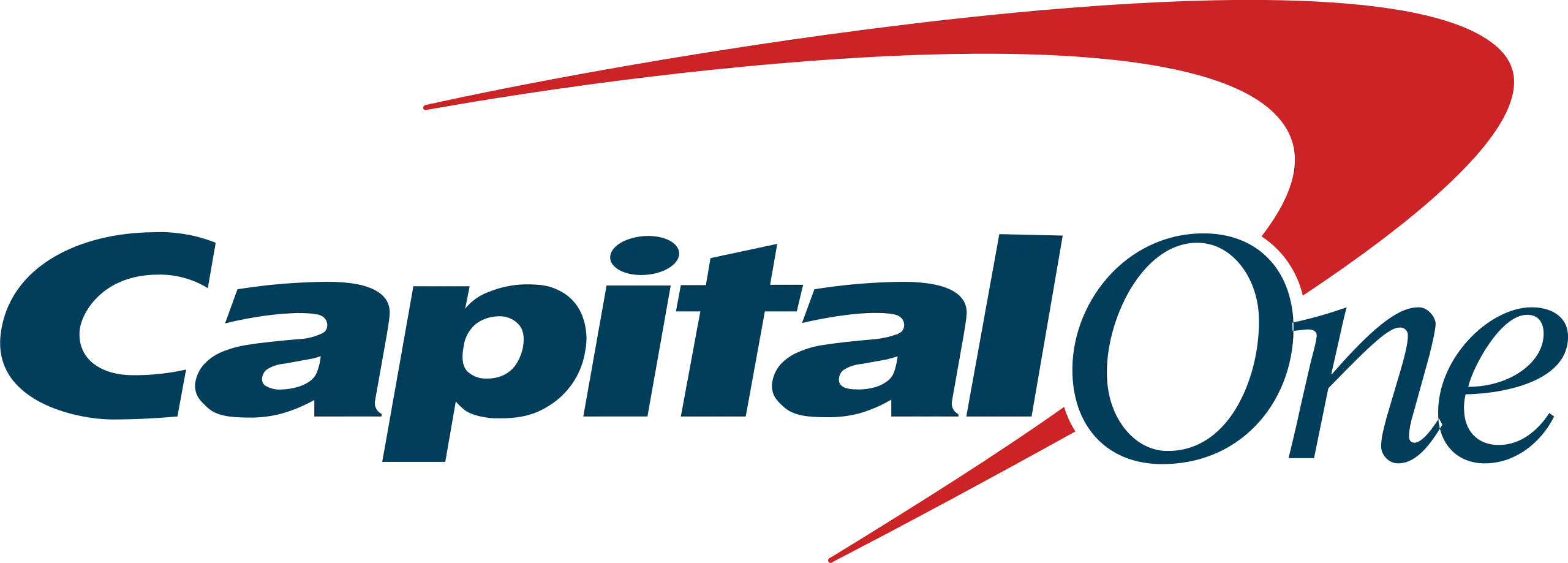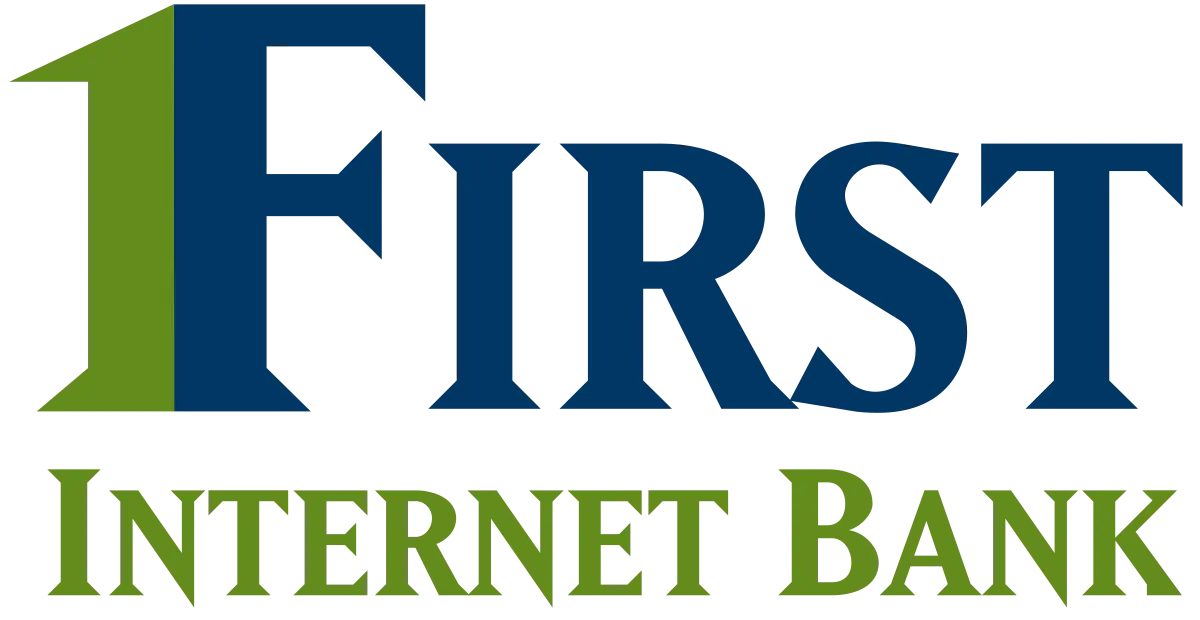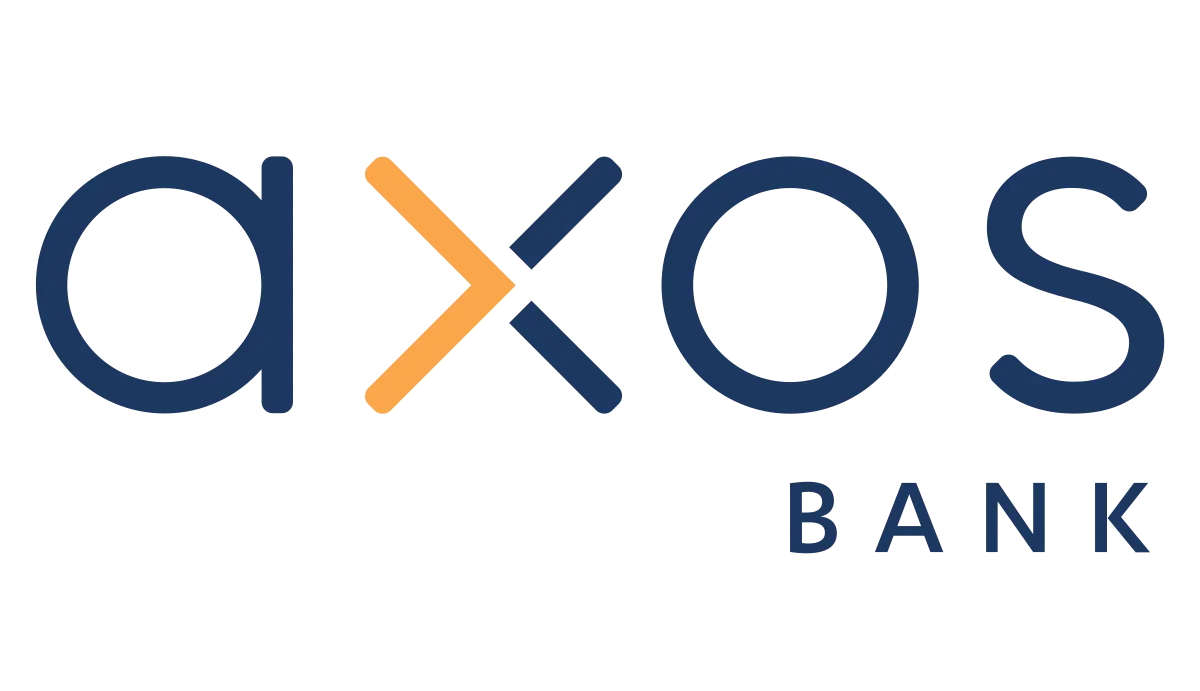Banks for Real Estate Investors Reviews
We began with a list of 17 banking products commonly used by real estate investors and conducted rigorous research to determine the winners. We reviewed each choice against crucial factors like account flexibility, payment methods, mobile banking, customer service, financing options, and total investor value. We also considered how well each bank accommodates the day-to-day needs of property owners, landlords, and real estate agents. Below is our summary of the top banks for real estate investors, what sets each apart, and how they can help make your financial operations smoother.

Baselane – Best for Integrated Real Estate Banking
Baselane specializes in offering a modern banking platform built specifically for real estate investors. Focusing on streamlining financial workflows and supporting more innovative budgeting, it combines rent collection, expense tracking, and high-yield banking into a unified dashboard. Baselane stands out for its ability to help investors collect rent, manage property-level cash flow, and access investment banking services tailored to the rental business. Whether you’re a DIY landlord or managing multiple properties, Baselane brings together essential tools that simplify your finances and maximize returns.
- Multiple payment options, including ACH and card payments
- Built-in cash flow tracking and expense management
- Create separate accounts and issue cards for each property
- Competitive interest and access to real-estate-focused financing tools
- No mobile app yet
- Customer support response times can vary
Get Started For Free Visit Baselane’s website
Baselane features
- Multiple Payment Options – Collect rent through ACH transfers, card payments, and set up recurring auto-pay options for tenants.
- Cash Flow & Financial Management – Get real-time views of your rental income, operating expenses, and profit margins across properties.
- Account & Card Flexibility – Open individual accounts for each property and issue virtual or physical debit cards to separate spending.
- Real Estate-Specific Financing Options – Access landlord-friendly financing products like property-level loans and HELOCs through Baselane’s lending partners.
How Baselane pricing works
Baselane is free and has no monthly fees for banking, rent collection, or core property management tools. There are also optional services that include $2 per mailed check and $15 for a physical checkbook if needed.
What markets does Baselane serve?
Baselane is ideal for individual landlords and small-scale real estate investors looking for an all-in-one banking and rent management solution without high costs or complex software.
Read our full Baselane review

Chase Bank – Best for Traditional Banking
Chase Bank offers a solid banking foundation for real estate investors looking for reliability, accessibility, and a full suite of financial services. Known for its expansive branch network and robust digital tools, Chase supports real estate businesses with checking accounts, credit lines, and property financing options. Whether managing a few rentals or scaling a more extensive portfolio, Chase’s banking tools can help streamline your finances and support long-term investment goals.
- Multiple payment methods, including ACH, wire transfers, and mobile payments
- Mobile banking app with mobile check deposit
- Built-in cash flow tools via integration with QuickBooks and other platforms
- Multiple account options and business debit/credit cards
- Monthly maintenance fees unless the minimum balance requirements are met
- Fewer real estate-specific tools compared to niche platforms
Chase Bank features
- Multiple Payment Options – Send and receive funds through ACH, checks, Zelle®, and wires, with automated bill pay options.
- Mobile Banking & Check Deposits – Use Chase’s mobile app to deposit checks, transfer funds, and manage accounts from anywhere.
- Cash Flow & Financial Management – Simplify bookkeeping by tracking cash flow and transactions, especially when integrated with accounting software like QuickBooks.
- Account & Card Flexibility – Open multiple business accounts and issue debit or credit cards to manage property-level finances.
- Real Estate-Specific Financing Options – Access financing for investment properties, including lines of credit and commercial mortgages.
How Chase Bank pricing works
Chase business checking accounts have a fee of between $15 and $95 monthly, depending on the type of account, but can be avoided by maintaining daily balance minimums. Fees on loans and financing are credit-based and product-based.
What markets does Chase Bank serve?
Chase Bank best suits real estate investors who want a well-established financial partner with physical branches, nationwide services, and competitive financing options. It’s a great fit for investors or business owners who value face-to-face service, strong mobile banking tools, and integrated financial solutions across multiple properties or entities.

U.S. Bank – Best for Personalized Banking
U.S. Bank delivers a sound, relationship-based banking experience for real estate investors who require tailored financing solutions and day-to-day business banking. With its investment property loan products, competitive business checking accounts, and robust digital platform, U.S. Bank supports investors’ investment strategy to manage cash flow, streamline payments, and access capital as needed. It’s a sound choice for investors and landlords who want a blend of digital functionality and local bank backing.
- Multiple ways to send and receive payments, including ACH, wire, and bill pay
- Mobile banking app with check deposit and real-time alerts
- Easy-to-use dashboard for managing cash flow and accounts
- Flexible checking accounts and card options for different property needs
- Limited physical branch access in some regions
- Fewer integrations with modern rental management tools
U.S. Bank features
- Multiple Payment Options – Send payments via ACH, check, and wires; automate recurring expenses and vendor payments.
- Mobile Banking & Check Deposits – Use the mobile app for check deposits, account transfers, and account monitoring from anywhere.
- Cash Flow & Financial Management – Monitor income and expenses across accounts with real-time data and financial dashboards.
- Account & Card Flexibility – Choose from multiple business checking options and issue employee cards with spending controls.
- Real Estate-Specific Financing Options – Access investment property loans, DSCR loans, and lines of credit designed for real estate businesses.
How U.S. Bank pricing works
U.S. Bank offers several business checking options, with monthly fees ranging from $0 to $30, depending on the account. Fees may be waived with qualifying balances or transaction levels, and loan pricing varies based on the financing product and borrower qualifications.
What markets does U.S. Bank serve?
U.S. Bank is ideal for real estate investors who prioritize personalized banking relationships, real estate loan expertise, and a stable digital platform. It serves landlords and investors looking for a blend of traditional and digital services, especially those operating in the Midwest, West Coast, and select national markets.

Capital One – Best for Scalable Business Tools
Capital One offers a tech-enabled banking experience that appeals to real estate investors who want streamlined, scalable tools for managing rental income and property expenses. From flexible business checking to robust mobile banking and various financing options, Capital One makes it easy for landlords and real estate professionals to manage cash flow and grow portfolios—all in one easy-to-use platform.
- Unlimited digital transactions with no monthly fees
- Mobile banking with check deposit and real-time payment alerts
- Easy integration with accounting and cash flow management tools
- Offer real estate investment loans and lines of credit
- Limited branch access
- No specialized property management integrations
Capital One features
- Mobile Payment Options – Accept and receive payments via ACH, bill pay, wire, and more.
- Mobile Banking & Check Deposits – Gain complete account access via mobile app, with check deposits and transaction monitoring.
- Cash Flow & Financial Management – Monitor property income and expenses with built-in tools and one-click accounting software integration.
- Account & Card Flexibility – Open sub-accounts and provide business debit cards with spend controls.
- Real Estate-Specific Financing Options – Obtain commercial real estate loans, lines of credit, and refinancing specially tailored for property investors.
How Capital One pricing works
Capital One offers business checking accounts with no monthly fees for basic use and unlimited transactions. Financing options are available with custom rates based on creditworthiness and property type.
What markets does Capital One serve?
Capital One is ideal for real estate investors who prioritize digital banking and operate in urban markets like New York, Washington D.C., and Texas. It’s a solid fit for landlords and investors who want modern banking tools without paying high monthly fees.

First Internet Bank – Best for Digital Banking Solutions
First Internet Bank is a strong contender for real estate investors seeking a digital-first banking solution. Focusing on providing flexible business banking tools and real estate-specific financing enables investors to manage rental property income and expenses efficiently. Offering user-friendly mobile banking and solid cash flow management features, First Internet Bank delivers a convenient and streamlined banking experience for property owners and investors.
- Competitive interest rates for business accounts and real estate loans
- Fully online banking experience with mobile check deposits
- Real estate financing options
- No monthly fees for basic business checking accounts
- Limited physical branch access, as the bank operates primarily online
- Lacks integrates with third-party property management software
First Internet Bank features
- Mobile Payment Options – Accept ACH payments, wire transfers, and bill pay.
- Mobile Banking & Check Deposits – Access accounts and deposit checks on the go through the mobile app.
- Cash Flow & Financial Management – Manage property finances with cash flow tracking tools and integrated reporting.
- Account & Card Flexibility – Open multiple business checking accounts and issue debit cards for employees.
- Real Estate-Specific Financing Options – Secure loans, lines of credit, and refinancing options from lenders tailored to real estate investors.
How First Internet Bank pricing works
First Internet Bank offers business checking accounts with no monthly fees for basic plans. Interest rates on loans and lines of credit are competitive and depend on the borrower’s credit profile and loan terms.
What markets does First Internet Bank serve?
First Internet Bank is ideal for real estate investors who operate in urban areas and prefer an online banking experience. It’s perfect for those who need a low-fee, digital banking platform with access to real estate financing products.

Axos Bank – Best for High-Yield Digital Banking
Axos Bank offers a solid lineup of banking products for real estate investors in an all-digital banking experience that is both high-yielding and flexible. Through its focus on mobile banking, multiple payment methods, and cash flow management capabilities, Axos Bank helps property owners to effectively manage rental income, expenses, and real estate investments. Its competitive interest rates and real estate-focused financing capabilities make it the perfect choice for investors who want to streamline their financial processes.
- High-yield business accounts and competitive loan rates
- Multiple payment methods, including ACH and wire transfers
- Cash flow management and expense tracking tools
- Real estate-specific loans, including property financing and refinancing options
- Only one physical branch
- Some advanced features may require a higher-tier business account
Axos Bank features
Rentroom offers four plans to choose based on your needs:
- Mobile Payment Options – Accept ACH transfers, wire payments, and bill pay, making it easy to manage rental income and expenses.
- Mobile Banking & Check Deposits – Bank on the go with Axos’ fully integrated mobile app for check deposits and account management.
- Cash Flow & Financial Management – Track income and expenses seamlessly through digital banking tools and financial reporting.
- Real Estate-Specific Financing Options – Access property financing options, including loans and lines of credit, designed for real estate investors.
How Axos Bank pricing works
Axos Bank offers business checking accounts with no monthly fees for basic plans. Real estate loans and lines of credit come with competitive rates, with terms based on the investor’s credit profile and business needs.
What markets does Axos Bank serve?
Axos Bank serves real estate investors who prefer an entirely digital banking experience. It’s well-suited for investors who value high-yield accounts and low-fee structures and need access to flexible real estate financing options without needing physical branches.
Compare the Best Banks for Real Estate Investors Side-By-Side
| Software Name | Why we picked It | Starting price for cheapest plan | Highlights |
|---|---|---|---|
| Baselane | Best for Integrated Real Estate Banking | Free | Fee-free bankingg |
| Chase Bank | Best for Traditional Banking | Fees ranging $15 and $95 monthly | Flexible real estate financing |
| U.S. Bank | Best for Personalized Banking | Fees ranging from $0 to $30 monthly | Comprehensive real estate financing |
| Capital One | Best for Scalable Business Tools | No monthly fees for basic use and unlimited transactions | Flexible digital banking |
| First Internet Bank | Best for Digital Banking Solutions | No monthly fees for basic plans | Real estate-specific financing options |
| Axos Bank | Best for High-Yield Digital Banking | No monthly fees for basic plans | Flexible real estate financing |
What are Banks for Real Estate Investors?
Real estate investor banks are banks offering specialist facilities and services to aid in the management of the specific needs of real estate portfolios. The banks provide property-specific financing options, various payment structures, and tailored cash flow management tools to aid investors in managing their rental income, expenses, and capital efficiently. By integrating these banking products with property-related solutions, investors can streamline their financial activities and focus on developing their portfolios.
With mobile banking, check deposit, and real estate-focused loan products, these banks make it simpler to monitor income, payments, and availability of funds for investors. Some banks for real estate investors allow easy cash deposits, making it convenient to add funds to your account without needing to visit a physical branch. Whether it’s one rental property or a portfolio of properties, real estate investors can benefit from these tailored banking services and business loans that are convenient and adaptable.
Users can expect:
- Real estate-focused lending capabilities
- Many options for making rent payments
- Mobile banking and check deposits
- Cash flow management capabilities
- Flexible account and card arrangements for investors
What Should Real Estate Investors Look For in a Bank Account?
Real estate investors should look for a bank account with specific features that suit their requirements, such as easy rent collection, real estate-specific lending products, and features for managing cash flows. Such an investor bank account should also provide multiple means of making payments, mobile banking with check deposits, and the ability to control personal and property finances in one place to help build business credit overall. Low fees, excellent customer service, and the ability to connect to accounting and property management software are essential considerations when selecting a bank account.
What Do You Need to Open a Bank Account for Real Estate Investing?
To finance a bank account for real estate investment, you must provide personal identification such as a driver’s license or passport, as well as your social security number or taxpayer identification number (TIN). You will also need documents related to your real estate investments, such as your business license (if applicable), partnership agreement (if you are in a real estate partnership), and documentation of income from your properties. In addition, there can be a minimum deposit to open the account and provide specific documentation for tax purposes, such as a real estate investor’s portfolio summary.
How Much Do Banks for Real Estate Investors Cost?
Bank fees for real estate investors vary between banks and even on the kind of account that you have. Most banks have free or inexpensive accounts for real estate investors, especially for straightforward checking and savings accounts. They might charge for services like wire transfers, ACH payments, and certain loan products. A few banks have a monthly maintenance fee, but you can generally get them waived if you have a minimum balance or other requirements. Shopping around and comparing accounts and costs is advisable to get the most inexpensive account for your real estate investment.
| Banks for Real Estate Investors Pricing Comparison | ||
|---|---|---|
| Vendor | Monthly Fee | Free Trial |
| Baselane | Free | No |
| Chase Bank | Ranging from $15 to $95 | No |
| U.S. Bank | Ranging from $0 to $30 | No |
Banks for Real Estate Investors FAQ
How do I choose the right business bank account for my real estate business?
To choose the ideal business bank account for your real estate business, start by considering your specific requirements, such as the number of transactions, availability of funds, and how you will deal with cash flow. Look for accounts with low charges, multiple payment options, and the ability to handle large or frequent transactions. Consider aspects like mobile banking, payment of bills online, and compatibility with accounting software. One also needs to select financial institutions that offer professional services to real estate investors, such as property-centric lending and flexible account arrangements to meet your business’s growth. Compare the terms, customer service, and available tools before deciding.
What are the top banks for financing real estate investments?
The top banks for real estate investment loans tend to offer specialized loan products, competitive pricing, and flexible terms for real estate investors. Some of the best include Chase, U.S. Bank, and Baselane, which offer a range of real estate-specific loan products such as investment property loans, commercial real estate loans, and lines of credit. Other banks, including Axos and First Internet Bank, may offer digital-first fee-free banking with competitive rates. When choosing a bank for real estate lending, one must consider loan flexibility, customer service, and the ability to handle investment property portfolios.
What type of accounts can you open for rental property?
You can often open various accounts for rental real estate to help manage your funds. Standard options are separate checking accounts for rental income and expenses, reserve savings account for funds held on properties, and even special real estate investment accounts like those offered by Baselane. Some also have bank property management accounts that make it easy to track rent payments, pay bills, and automate cash flow on multiple properties. These accounts separate your business and personal finances, making tax time and money management easier.
How We Chose the Best Banks for Real Estate Investors
To identify the best banks for real estate investors, we began with 17 banks specializing in serving small businesses, investors, and landlords. We rated each on real estate-friendly features, account flexibility, customer service, and financial management tools for property owners.
We gathered data from reliable sources, including:
- Verified customer reviews
- Official bank websites and product pages
- Trusted third-party review platforms
Every bank was rated between 1 and 5 across four equally weighted categories, each representing 25% of the overall rating:
- Variety of Features: We looked for banks offering primary features of several payment methods, mobile check deposits, cash flow features, real estate-specific lending, and flexible account structures. Banks offering tools most beneficial to real estate professionals scored highest.
- Pricing and Fees: We looked at monthly fees, transaction limits, ATM access, and hidden charges. We prefer banks with transparent pricing, low or no fees, and high account allowances that benefit landlords and investors.
- Onboarding and Support: We assessed the quality and availability of support, including live support, training guides, and self-service. Banks with good customer service and easy setup for new accounts scored higher.
- Reputation and Reliability: We considered collective customer satisfaction, brand trust, and web word-of-mouth reviews. Those with good reputations for assisting real estate practitioners and stable, consistent service were ranked higher.